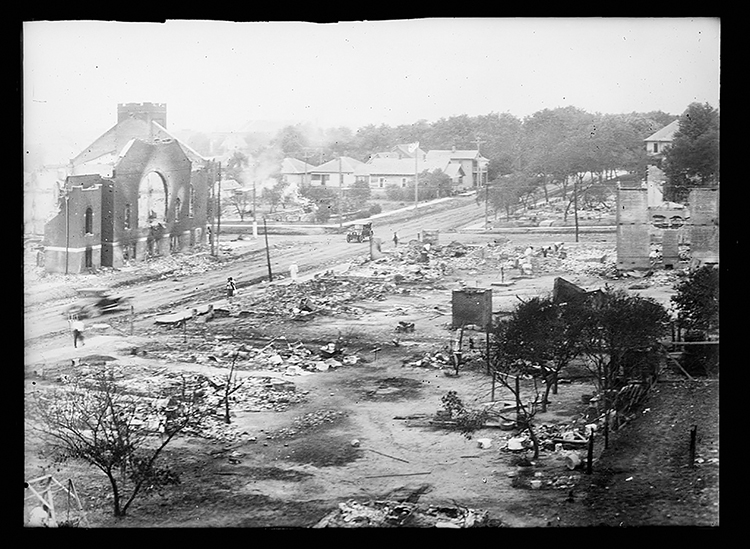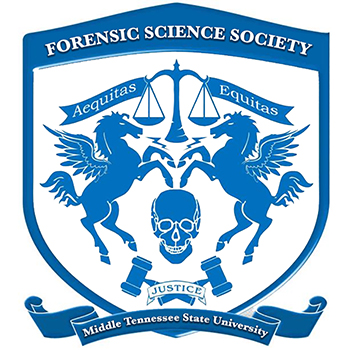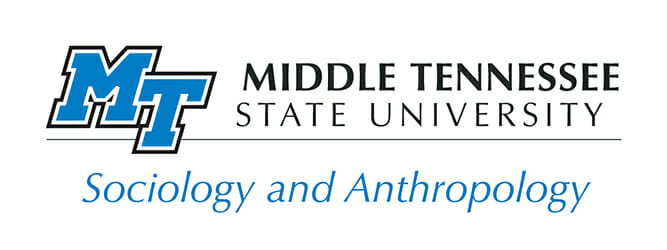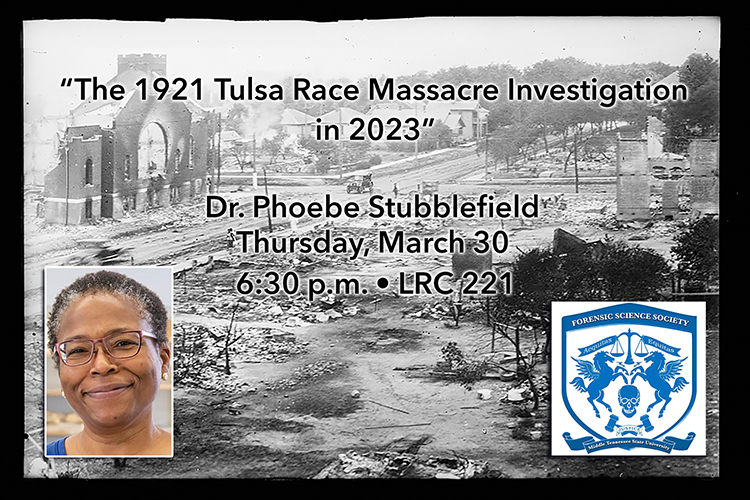The lead investigator for one of the most infamous — and hidden — race-motivated crimes in American history will discuss her forensic work on the 1921 Tulsa Race Massacre in a free lecture planned for Thursday, March 30, at Middle Tennessee State University.

Forensic anthropologist Phoebe Stubblefield plans to speak on “The 1921 Tulsa Race Massacre Investigation in 2023” at 6:30 p.m. March 30 in Room 221 of MTSU’s McWherter Learning Resources Center, 1558 Military Memorial Drive.
A campus parking map is available at https://bit.ly/MTSUParking.
Stubblefield, interim director of the C.A. Pound Human Identification Laboratory at the University of Florida in Gainesville, is also a descendant of survivors of the Oklahoma racial violence that claimed the lives of an estimated 300 Black citizens and destroyed hundreds of Black-owned businesses, homes and churches.
She earned her doctorate from the Florida university where she’s worked since 2018 and previously served as an associate professor at the University of North Dakota and directed its Forensic Science Program for 12 years.
Stubblefield’s been working with historians, researchers and other experts since 1990 to find and identify bodies of the 1921 Tulsa massacre, which began after rumors spread that a Black teenager had assaulted a white elevator operator.
In less than two days, the prosperous Greenwood District of Tulsa, referred to as the city’s “Black Wall Street” for its successful businesses, cultural centers and residential neighborhoods, was in ashes, looted and burned by armed white mobs who also assaulted thousands of their fellow citizens.

Stubblefield and her colleagues on the state-organized 1921 Tulsa Race Riot Commission, formed in 1997, investigated claims of mass burial sites of Greenwood victims. Their search finally was fruitful almost 25 years later, when an area of the Oaklawn Cemetery in north Tulsa revealed bodies in unmarked coffins.
As the longtime leader of the recovery and analysis efforts, Stubblefield has studied the fragile remains to learn more about the victims. She’s hoped to identify some with DNA from their descendants and told BBC News in 2021 that “ultimate success” would be memorials “with names attached to the individuals, with a thorough record of, as bad as it is, what their last moments were like. That’s my best case.”

For most of the hundred-plus years since those horrible hours, the Tulsa Race Massacre was almost invisible: government records went missing, neither schools nor newspapers mentioned it, and families didn’t discuss it.
The massacre became a greater topic of discussion, however, after a 2014 article in The Atlantic magazine by Ta-Nehisi Coates about reparations for Black Americans. Even more interest arose in 2019 and 2020 with the HBO series “Watchmen” and “Lovecraft County,” which used the Tulsa violence as plot points.
Stubblefield’s parents were born in Tulsa but never spoke of the massacre. Her great-aunt survived it but lost her home in the violence. Those facts add to the forensic anthropologist’s determination to find the truth about what happened.
“There are not very many Black forensic anthropologists,” she told the BBC. “For Tulsa, it’s this rare chance of let a Black person use Black bodies to tell their story.”
MTSU’s Department of Sociology and Anthropology, Distinguished Lecture Fund, College of Liberal Arts and the Middle Tennessee Forensic Science Society are sponsoring Stubblefield’s talk.

MTSU also is home to the internationally recognized Forensic Institute for Research and Education, also known as FIRE, which is affiliated with the university’s interdisciplinary Forensic Science Program.
The lecture series will also welcome Dr. Dawnie Steadman, a professor of anthropology and director of the Forensic Anthropology Center at the University of Tennessee, Knoxville, and its internationally known “Body Farm,” on Thursday, April 13.
For additional information about the lectures, please contact MTSU forensic anthropology professor Tiffany Saul at tiffany.saul@mtsu.edu.
More information about the Forensic Science Program is available at www.mtsu.edu/programs/forensic-science. The FIRE website is located at www.mtsu.edu/fire.
— Gina E. Fann (gina.fann@mtsu.edu)


COMMENTS ARE OFF THIS POST